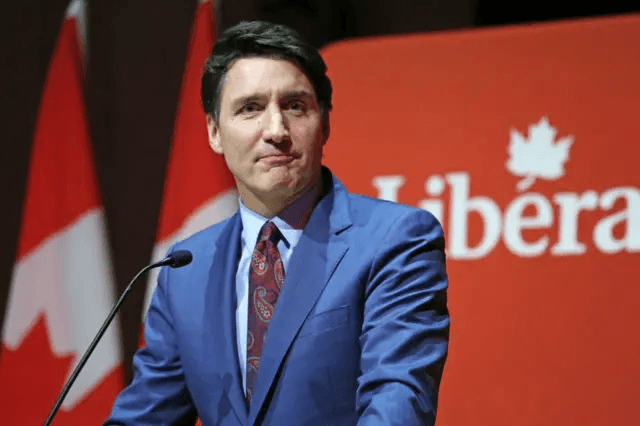Prime Minister Justin Trudeau’s decision to resign as Liberal leader and prime minister marks a critical shift in Canadian politics. While Trudeau’s leadership was initially characterized by high immigration targets and progressive policies, Canada recently started reducing the number of immigrants it allows into the country, and some rules have already made it harder to come here. With Trudeau leaving, more changes could happen, and it’s important to understand what this could mean for you.
Why is Justin Trudeau Resigning?
Trudeau decided to resign because he faced a lot of pressure from his own team and others. He said it’s better for Canada if someone else leads the Liberal Party in the next election. Until the party finds a new leader, Parliament (where all major decisions happen) will be on hold until March 2025.
Reduced Immigration Levels
In recent months, the Liberal government has implemented policies aimed at reducing the number of immigrants entering Canada. These shifts reflect a broader policy realignment to balance labour market needs and growing public concerns about housing, healthcare, and economic strain.
What Trudeau’s Resignation Could Mean for Immigration
- Extended Policy Stagnation
With Parliament prorogued until March 24 and the Liberals engaged in a leadership race, immigration-related decisions will likely take a backseat. This delay could further slow processing times and program updates, exacerbating challenges for applicants. - Potential Policy Reversals
A new Liberal leader may choose to continue with the reduced immigration levels, particularly if public and caucus sentiment supports this direction. Alternatively, a leader seeking to differentiate themselves might push for more balanced or targeted immigration policies to address labor shortages in key sectors. - Increased Opposition Influence
Opposition parties, like the Conservatives, have often wanted fewer people to move to Canada. Now that there’s no strong leader in charge, they might try to push for their ideas. If the Conservatives gain more power during the leadership race or the next election, they could make immigration rules even stricter. - Public Sentiment and Economic Pressures
Growing concerns about affordability, infrastructure strain, and public services have fueled calls for reduced immigration. Any future leader, Liberal or otherwise, will need to navigate these pressures while addressing Canada’s labour market and demographic challenges.
Common Questions
Q: Will Canada close immigration completely?
No, but Canada has already reduced how many people it allows each year. Since the government is focused on finding a new leader, decisions about immigration might take longer. This could mean longer wait times for visa applications or fewer updates on immigration programs.
Q: Can I still apply for Express Entry?
Yes, but you’ll need to meet the requirements, which might get harder if they increase the points needed to qualify.
Q: Should I wait to apply until a new leader is chosen?
No! If you’re eligible now, it’s better to apply sooner. Waiting might mean facing stricter rules or fewer spots.
What Can you do right now?
- Stay Informed: Monitor updates on immigration policy and leadership changes.
- Seek Professional Advice: Work with licensed immigration consultants to identify alternative pathways like regional or employer-driven programs.
- Prepare for Stricter Requirements: Strengthen language skills, gather work experience, and explore provinces with higher intake needs.
Justin Trudeau’s resignation comes at a time when Canada is already making big changes to its immigration rules. The country is letting in fewer people because of economic and political challenges, and the next leader will have to deal with these issues. Whether the new leader keeps these rules or changes them, one thing is clear: Canada’s immigration system is at a turning point, and the choices made will affect everyone hoping to make Canada their new home.
